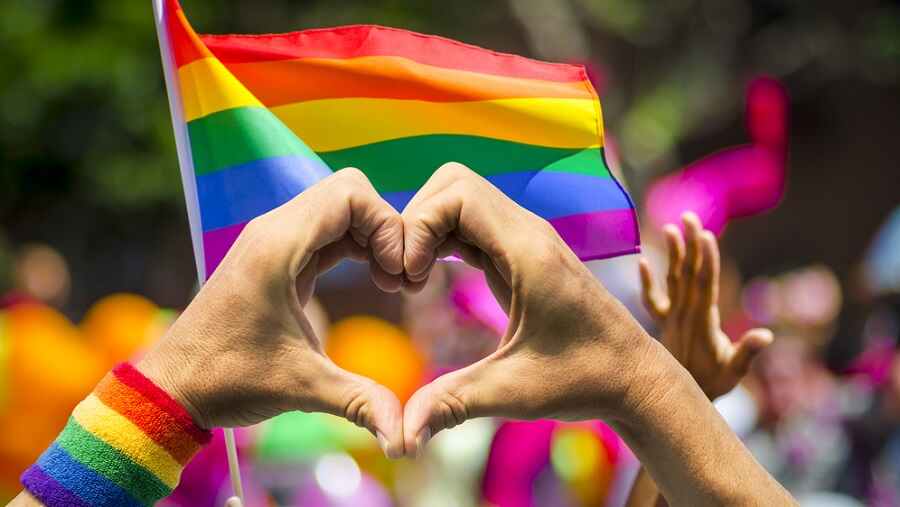
The Centre opposed a plea before the Delhi High Court seeking registration of same-sex marriage under the Hindu Marriage Act, 1955 saying that marriage between same-sex couples was “not permissible” as it is not recognized by “our laws, legal system, society and our values”. Both India and Bangladesh are currently struggling to legalize same-sex marriage.
The petition was opposed by the Solicitor General of India Tushar Mehta before the division bench of Chief Justice D.N. Patel and Justice Prateek Jalan. He stated, “Our law, society, values don’t recognise marriage – which is a sacrament – between a same-sex couple,” and added that a marriage must be between a man and a woman otherwise it violates the Hindu Marriage Act.
Mehta also stated that the judgment of the constitutional bench of the Supreme Court “merely decriminalizes homosexuality or lesbians. Nothing more, nothing less”.
The court is currently hearing a PIL filed by four members of the LGBTQ+ (lesbian, gay, bisexual, trans, queer, and others) community- Abhijit Iyer Mitra, a security and foreign policy commentator, Gopi Shankar M, a Tamil Nadu-based intersex activist who debated the 2016 assembly elections, Giti Thadani, a founding member of the Sakhi collective journal of contemporary and historical lesbian life in India, and G. Oorvasi, a transgender activist.
Mehta’s statement seeks to go against the petitioners’ argument that the Hindu Marriage Act doesn’t differentiate between heterosexual and homosexual marriage since there is no such obligation of a man and a woman tied in a marriage bond, but only “ two Hindus.”
The petitioners debated that “despite the fact that there is absolutely no statutory bar under the Hindu Marriage Act of 1955 and the Special Marriage Act of 1954 against gay marriage, the same are not being registered throughout the country and also in the National Capital Territory of Delhi”.
Even after the Supreme Court of India abolished Article 377, that criminalized same-sex relations, the LGBTQ community still has to fight over legalizing same-sex marriage. It is hard for a conservative nation like India where a small but vocal segment of people is now supporting more liberal values.
The court on Monday adjourned the case to October while asking petitioner counsel to summon the facts or instances where people have been influenced in some way by the non-registration of same-sex marriage. The bench also said that the people who claim to be affected are well educated and can approach the court themselves. It stated that the world is taking steps for legalizing the same, but it may not happen anytime soon in India.
Disclaimer: The news on the Website have been compiled from a variety of sources and cannot vouch for the veracity of the stories.